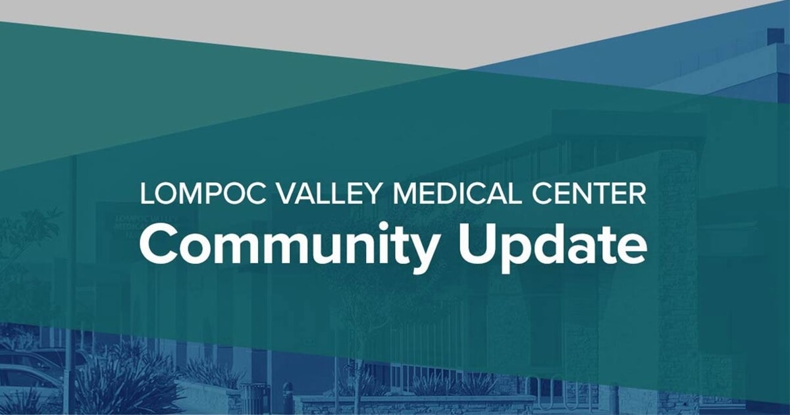The Emotions of Heart Disease
- Category: Health & Wellness, Heart Health
- Posted On:
- Written By: Dr. Khawar Gul, MD

A diagnosis of heart disease from your physician can cause a myriad of emotions. As you recover from the immediacy of the new medical situation, you may find yourself in emotional turmoil. You may feel scared, alone and confused. You may even feel like a totally different person. But there are ways you can cope with the disease, and most people continue to live healthy, productive lives.
Heart disease, or coronary heart disease, is the main form of heart disease. It is a disorder of the blood vessels of the heart and can lead to a heart attack. A person has a heart attack when an artery becomes blocked – which prevents oxygen and nutrients from getting to the heart. The American Heart Association notes that heart disease is a lifelong condition that may be treated, but not cured.
Some of the feelings that come with a diagnosis may dissipate over time. Once you get a better understanding of what it means to have heart disease, and how to manage it, you may feel more at ease. It is important to seek help – either from a professional or using coping mechanisms – to help with your recovery and to reduce the risk of future cardiac events. Feelings such as depression, if they linger, may require professional help to manage. Other feelings include:
FEAR
The American Heart Association notes that after any major illness, it is normal to feel afraid and unsure. With heart disease, the fear may emerge because of the uncertainty of whether you’ll have a heart attack, and loss of control. Fear is normal, but overwhelming fear may require help and coping mechanisms. If you’re fearful because you feel you lack information, get informed. Talk to your doctor, and ask what you may expect in the near term, and in the future. Seek out reputable medical resources to read more, such as the American Heart Association or American Association of Cardiovascular and Pulmonary Rehabilitation. Don’t be afraid to talk to yourself. Positive pep talks may help you, or short mantras to give yourself a boost, such as “Most people recover from this, and I will, too.”
Talking to family members or friends may also help, and you’ll find that they may have the same fears about your health diagnosis. Create your own close support group to talk to one another.
ANXIETY
If you find yourself feeling restless and worried, you may have anxiety. This can leave you feeling nervous, irritable and cause trouble sleeping. Sometimes, a fast onset of anxiety is called a “panic attack.” That may cause shortness of breath, chest pain or sweats.
There are ways to cope with anxiety. Talking may help – with a healthcare profession, friend or family member. Sometimes just “getting it off your chest” may help alleviate some of the worries.
Physical activity can take your mind off the immediacy of your worries. Exercise leads to the release of endorphins, which can also help you feel better.
You can also help ease anxious feelings by relaxing and doing things that make you happy. Try to stay away from potentially harmful habits such as drinking alcohol or relying on sleeping pills. Substances such as alcohol and pills may have dangerous interactions with your physician-prescribed heart medications. If the feelings of anxiety or panic begin to consume your life, talk to a healthcare profession as soon as possible.
DEPRESSION
Hearing that you have heart disease may cause immediate feelings of sadness or woe. As you learn more about your condition and how to manage it, those feelings may lessen. But if those feelings continue, and begin to interfere with life’s normal activities, you may be experiencing depression. Depression may increase the risk of cardiac events. If you feel little interest in doing activities, or are feeling down or hopeless, you may consider speaking to your healthcare professional. It is important to seek help, and to talk about how you are feeling. You may have options such as counseling, or the prescribing of an anti-depressant medication.
LONELINESS
Loneliness is a common feeling when someone becomes ill. Because illnesses such as heart disease are internal and personal, you may feel alone. The American Heart Association suggests you reach out to someone for support and that you may be surprised with how many people are willing to help. Make a list of people you can call, and in what ways they may assist you. Learn about community and social services and resources.
ANGER
Many heart patients, according to the AHA, feel angry and upset about their diagnosis. If you hold onto frequent or high-level anger, it can cause your blood pressure and heart rate to rise, which is detrimental to your heart. Try not to lose your temper, and work on controlling any rage you have. You can seek help if you, or those around you, feel you have an issue with anger or stress management. Healthcare providers advise that if you tend to be an angry person, that you keep a journal and detail what situations, or people, make you angry. Write down how you react and learn to recognize those reactions. When you feel yourself getting angered, consider ways to fix the situation. You can also wait, and take a “time out.”
HOPE
If you have survived a heart illness, and are learning how to cope with heart disease, there is reason to hope. Keep track of your treatment goals and celebrate the steps you take to manage your condition. Share your experiences with others who may just be starting out with a heart condition. There are many resources, ideas and more at heart.org.





